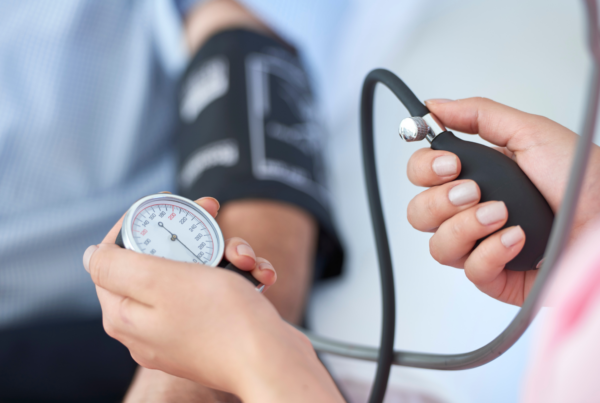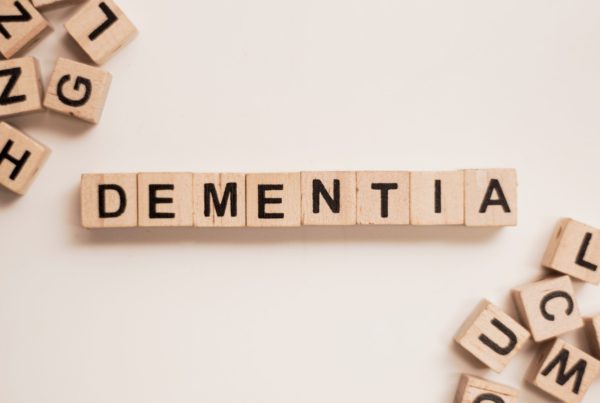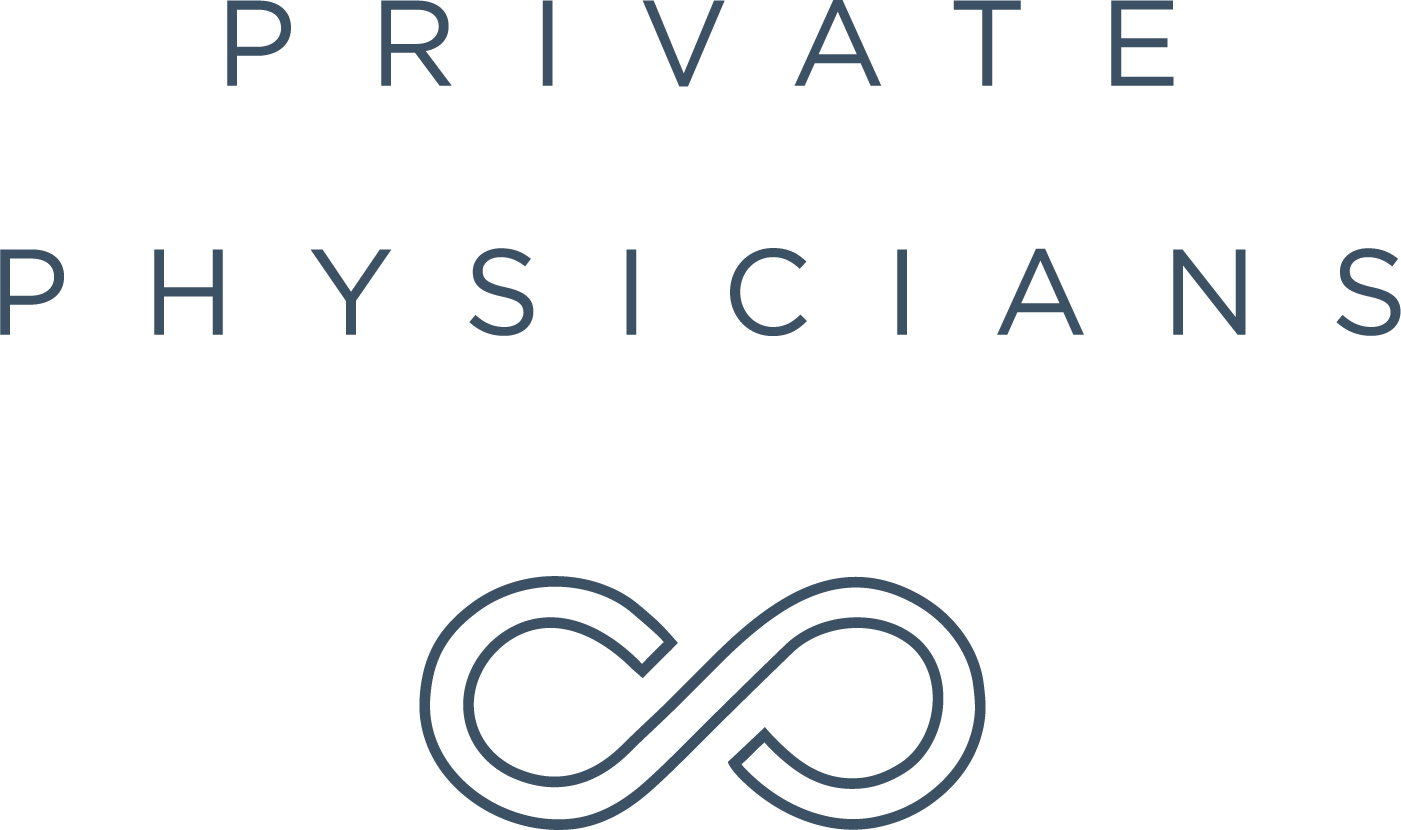We live in a world filled with dangers, but some are more obvious than others. We all know the risks posed by drunk driving and drug addictions, but the severe risks of heart disease are often overlooked.
The truth is that 1 in every 4 deaths is caused by heart disease. Every 40 seconds, another person dies from a heart attack or stroke. In fact, every year more people die of heart disease than of cancer!
It doesn’t matter whether you’re a man or woman, Caucasian or Hispanic — heart disease can affect your health, and only education and prevention can save your life.
What Is Heart Disease?
Heart disease isn’t one single disease, but an umbrella term that encompasses three distinct disease processes: hypertension, heart attack, and stroke.
Hypertension
Hypertension, more commonly known as high blood pressure, is the first of three conditions categorized as heart disease.
Blood pressure is measured by the amount of blood your heart pumps and the resistance to that blood flow in your arteries. As your heart starts to pump more blood and your arteries become narrower, your blood pressure increases to dangerous levels.
Unfortunately, hypertension can exist for years without causing symptoms. Many people only discover high blood pressure during their annual physicals, which is why regular doctor’s visits are so valuable.
Heart Attack
Most of us associate heart disease with heart attacks. A heart attack occurs when blood attempting to flow into the heart becomes blocked. Inflammatory changes within the lining of the arteries that feed blood into heart tissue triggers the atherosclerotic process to begin. Cholesterol and other factors build up a plaque within the artery wall. Eventually, this plaque can rupture and a clot will go down stream, wedging itself into a smaller portion of the artery, causing blood flow blockage and heart cell death. This is a heart attack.
Heart attacks are deadly events characterized by tightness and pain in the chest or arms, shortness of breath, and sudden dizziness. Some heart attacks strike without warning, while others develop slowly over weeks with small and subtle symptoms.
Stroke
A stroke is essentially a heart attack in the brain. It occurs when the brain’s blood supply becomes reduced or blocked. Without enough blood, brain tissue becomes deprived of oxygen and nutrients, leading to cell death within just minutes.
The symptoms of a stroke are unique since the brain is primarily affected. Trouble speaking, confusion, paralysis of the face or limbs, and trouble seeing and walking are all signs of a stroke. Only immediate medical attention can treat a stroke and prevent long-term disability or death.
Who Does Heart Disease Affect?
Heart disease can affect anybody, male or female, African American or Caucasian, but certain risk factors dramatically increase your vulnerability to heart disease:
- Smoking
- Family history
- Age
- Diabetes
- Obesity
- Unhealthy diet
- High blood pressure
- High cholesterol
How Do You Get Heart Disease?
Like so many other chronic diseases, there’s no singular path to heart disease. It’s a multi-factorial disease with many potential causes. However, certain habits and lifestyle choices — many of them preventable! — accelerate the development of heart disease.
Smoking
Above and beyond anything else, smoking is the number one preventable cause of heart disease. Despite the correlation between smoking and lung disease, the truth is that 100% of smokers will eventually develop heart disease. It’s just a matter of time.
The chemicals in tobacco smoke cause the cells that line blood vessels to become inflamed and swollen. This is a major trigger for atherosclerosis, which narrows the blood vessels, causing plaque formation which prevents proper flow of blood, and triggers the conditions that cultivate heart disease.
The carbon monoxide in tobacco smoke also reduces the oxygen in your blood and forces your heart to pump harder just to do its job. At the same time, nicotine stimulates adrenaline, which in turn accelerates your heartbeat and raises your blood pressure, forcing your heart to work even harder.
This dangerous cycle continues until your heart simply can’t take it anymore, and a heart attack or stroke occurs.
Diabetes
Diabetes is the fastest-growing disease on the planet, and it’s so dangerous that it’s considered a “coronary risk equivalent.” In other words, even if you don’t have documented heart disease, a diabetes diagnosis is considered the same as a heart disease diagnosis. That’s how inevitable heart disease is when you have diabetes!
Aside from quitting smoking, normalizing your blood sure is the most valuable action you can take to prevent your risk of heart attack and stroke.
Research shows that adults with diabetes aren’t just at higher risk for heart disease, but they also may develop heart disease at a younger age and experience more severe heart disease. With commitment and the right medical support, you can reclaim control over blood sugar and reduce your risk of heart disease, even if you live a busy and fast-paced life.
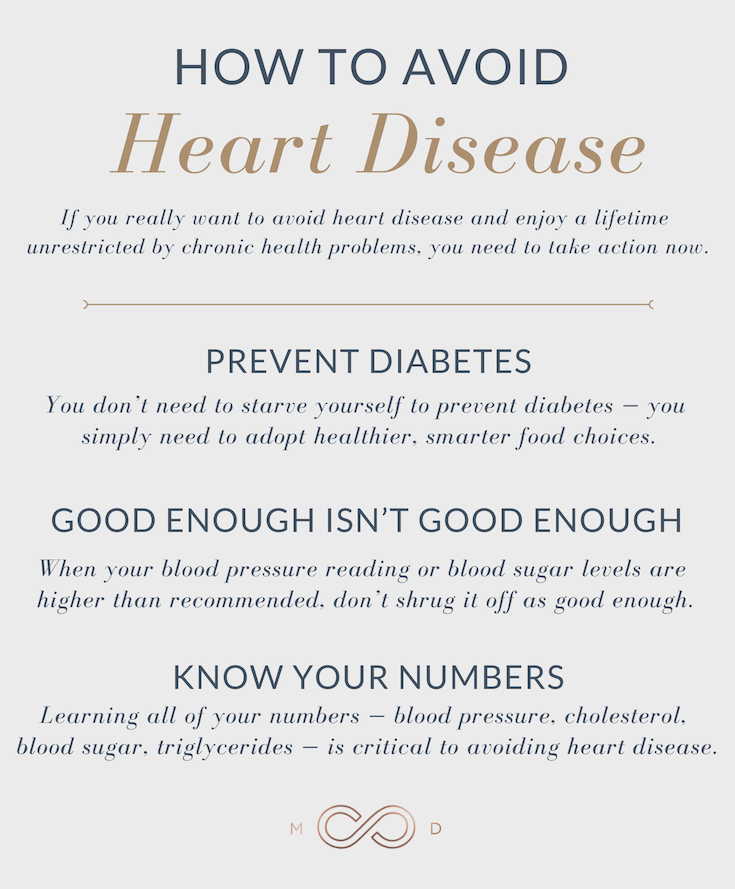
Everything You Might Not Know About Heart Disease
Many people make the mistake of viewing heart disease as a single isolated disease instead of a spectrum of illness. Getting heart disease isn’t like breaking your arm, where your body is fine one minute and injured the next.
Quite the opposite — heart disease develops over time. The causes of heart disease brew inside your body, year after year, until symptoms gradually become more obvious. Unfortunately, this leads many intelligent and successful adults to shrug off their symptoms. They’ll say, Oh, I’m just borderline diabetic, it’s not an emergency, or My blood pressure is borderline, so it’s fine, not a crisis.
Having a “borderline” measurement doesn’t make it acceptable. The term “borderline” makes the condition sound less threatening, but the truth is that a borderline reading is already a sign of trouble. It’s really your final opportunity to create better habits before dangerous consequences develop.
If you ignore your borderline blood pressure, cholesterol, or blood sugar levels, health complications will fester until they culminate into heart disease.
THE TRUE DANGER OF BEING “BORDERLINE”
Imagine a young, relatively healthy man with a blood pressure of 135/90. He knows the ideal blood pressure is 120/80, but his numbers are close enough that he dismisses the difference.
This man probably says, “Nah, I don’t have blood pressure problems. I mean, my levels aren’t perfect, but I’m fine! There’s no emergency!”
Does that sound anything like you?
If this man can ignore the risk of a 135/90 blood pressure, he’ll probably blow off 145/98 when he turns 40, and then shrug off 160/100 when he turns 50. Meanwhile, two decades have gone by with this elevated blood pressure causing trauma to his blood vessels and generating plaque in his coronary arteries.
Then one day, at the age of 66, after this man has become the president of his company and raised a family he’s proud of, he starts sweating, he’s crippled by blinding pain in his chest, and he suffers a massive heart attack. If he’s lucky enough to survive and wonder, “Woah, how did that happen!?” the answer can be found in the 20 years that he declared his borderline hypertension as no big deal.
Instead of ignoring your own “borderline” measurements the same way a high school student shrugs off a C+ on a chemistry test (“Hey, it’s passing, right?”), it’s time to be honest with yourself.
Are you currently at your ideal blood pressure and cholesterol levels? If you’re not, you need to turn the ship around and sail far away from that borderline. It’s the best way to prevent chronic disease and preserve your quality of life.
After a lifetime of being a high-achieving mover and shaker of the world, you can’t let a preventable disease stop you in your tracks.
How Can You Avoid Heart Disease?
You don’t want to put yourself in a position of crisis. Reacting to your heart disease after your stroke or heart attack is like reacting to your financial budget problems after your bank account hits zero: it becomes infinitely harder.
If you really want to avoid heart disease and enjoy a lifetime unrestricted by chronic health problems, you need to take action now with the following steps. They aren’t difficult, and some of the most powerful changes are surprisingly subtle.
Prevent Diabetes
Type 2 diabetes affects more than 30 million adults in the United States alone, and the number of new cases doubles every year! The only good news is that diabetes is largely preventable through strategic eating habits. You don’t need to starve yourself to prevent diabetes — you simply need to adopt healthier, smarter food choices.
First, reduce the amount of carbohydrates you eat, especially in the form of refined sugar and processed or boxed foods. A consistently heavy carb intake spikes your blood sugar and forces more insulin into your system. Your body eventually gets used to this excessive flow of insulin as it attempts to process and transport such high blood sugar. This insulin resistance quickly becomes diabetes.
A few of the healthy and delicious foods that can help stabilize your blood sugar include the following:
- Avocados
- Olive oil
- Organic, grass-fed butter
- Almonds and Macadamia nuts
- Spinach, broccoli, asparagus, cauliflower
- Bell peppers
- Legumes
- Fish, beef, pork, chicken
- Eggs
- Full-fat dairy and cheese
Use the Motto “Good Enough Isn’t Good Enough”
When the waiter gets your order wrong, but brings you a slice of salmon that’s still good enough to enjoy, then go for it! But when your blood pressure reading or blood sugar levels are higher than recommended, don’t shrug it off as good enough.
If you continue to procrastinate on improving your health, you’ll end up in the back of an ambulance with your company, family, investments, and legacy at risk due to your poor health. You’ll be forced to bail water out of a sinking ship instead of enjoying a breezy, sunny day on your yacht.
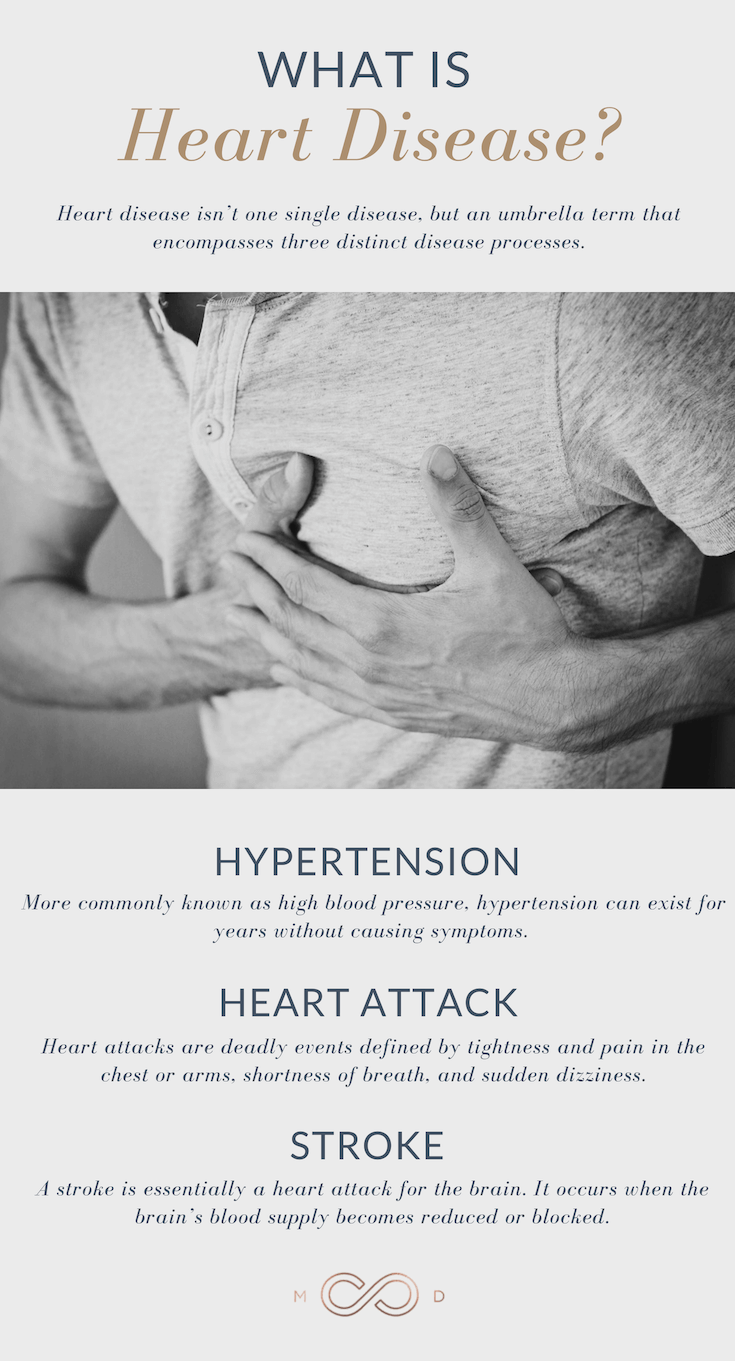
Know Your Numbers
This is tough for so many people, so if you’re one of them, you’re definitely not alone. Learning all of your numbers — blood pressure, cholesterol, blood sugar, triglycerides — is like ripping off a Band-Aid. You’re not sure how much it’ll hurt, and you don’t know what you’ll find on the other side, but it must be done.
HDL
HDL cholesterol is widely as “good cholesterol”. It acts like a garbage collector by picking up cholesterol from the walls of the arteries and transporting it for disposal in the liver. With a healthy HDL level of 55 mg/dl or above, your body will also benefit from HDL duties like shielding free radicals, reducing inflammation, and preserving artery function.
LDL
Low density lipoproteins are known as LDL cholesterol or “bad” cholesterol. It builds up on the walls of your arteries like plaque, leaving less space for blood to flow through. This is why LDL cholesterol is associated with health problems like heart attack, stroke, and heart disease.
The lower your LDL cholesterol, the lower your risk of complications. An ideal LDL cholesterol level is <100 mg/dl, while a “borderline” level ranges between 130 and 159 mg/dl. Anything above 160 mg/dl is a huge, undeniable red flag for heart disease!
Triglycerides
Triglycerides are a type of fat the body produces from excess blood sugar and from calories it doesn’t use immediately. They’re stored in your fat cells and released for energy (as ketones) between meals, but eating more calories than you burn, especially from high-sugar foods, causes a surge in triglycerides in the blood. High triglycerides is a major risk factor for heart attack, stroke, and more.
Lp(A)
Lipoprotein A is a unique lipoprotein that has only been recently identified as a risk factor for cardiovascular disease. It exists in the blood to carry cholesterol, fats, and proteins through the body. Genetics determines how much lipoprotein A your body makes, and it remains relatively steady throughout your lifetime. If too much Lp(A) accumulates, the arteries gradually narrow until blood struggles to flow through.
Hemoglobin A1C
Hemoglobin is a protein in red blood cells that is responsible for carrying oxygen. A hemoglobin A1C test helps diagnose type 1 and type 2 diabetes and assess diabetes management by measuring what percentage of hemoglobin is coated with sugar over the life of the red blood cell (average lifespan is 90 days). This confirms blood sugar control or the lack thereof.
Body Fat Percentage
Your body fat percentage is simply a measure of the portion of your body weight consisting of fat. It’s recommended that men stay under 17% body fat while women stay under 24%. Fat is essential for life, but too much body fat puts you at higher risk of heart disease and other serious complications.
What Are The Best Ways To Treat Heart Disease?
There’s no denying the importance of preventing heart disease while you still have the time. However, you might be reading this with an existing diagnosis of heart disease, wondering how to address your current state of health. Though there’s no single magic cure for heart disease, you can still strategically adjust your lifestyle habits and use proven treatments to improve your longevity and quality of life.
More than anything else, you need to find an experienced, compassionate, and attentive doctor to work as your advocate and help you pursue better health. It’s not enough to visit your physician once a year for a quick checkup, then go back to your normal routine of struggling to eat well, exercise, and overcome diabetes. If you’d like to partner together to reduce your risk of heart disease, visit us Brentwood MD.
I’ve made it my mission to understand your health from the inside out so that I can help you do more than just survive — I can help you thrive. You’ll receive the type of thorough evaluation and long-term treatment that you need to address your unique needs.
Since heart disease exists in many different forms along an unpredictable spectrum, you need to work with your doctor to maximize your health. Did you have a heart attack or do you have frequent heart pain? Does your family have any history with heart problems or diabetes? Do you need to lose body fat or find stress relief techniques? Do you have diabetes that needs to be reversed?
There’s no one-size-fits-all solution, and only the right doctor can uncover the deepest roots of your heart disease to recommend a sustainable, effective, and long-term treatment plan.

Dr. Aaron Wenzel is a concierge physician specializing in the care of fast-moving entrepreneurs, executives, and public figures in the Nashville, TN area. Dr. Wenzel’s diverse life experience and extensive training in family medicine, emergency care, nutrition, and hormone replacement therapies give him the unique platform to provide unmatched care for his patients.



